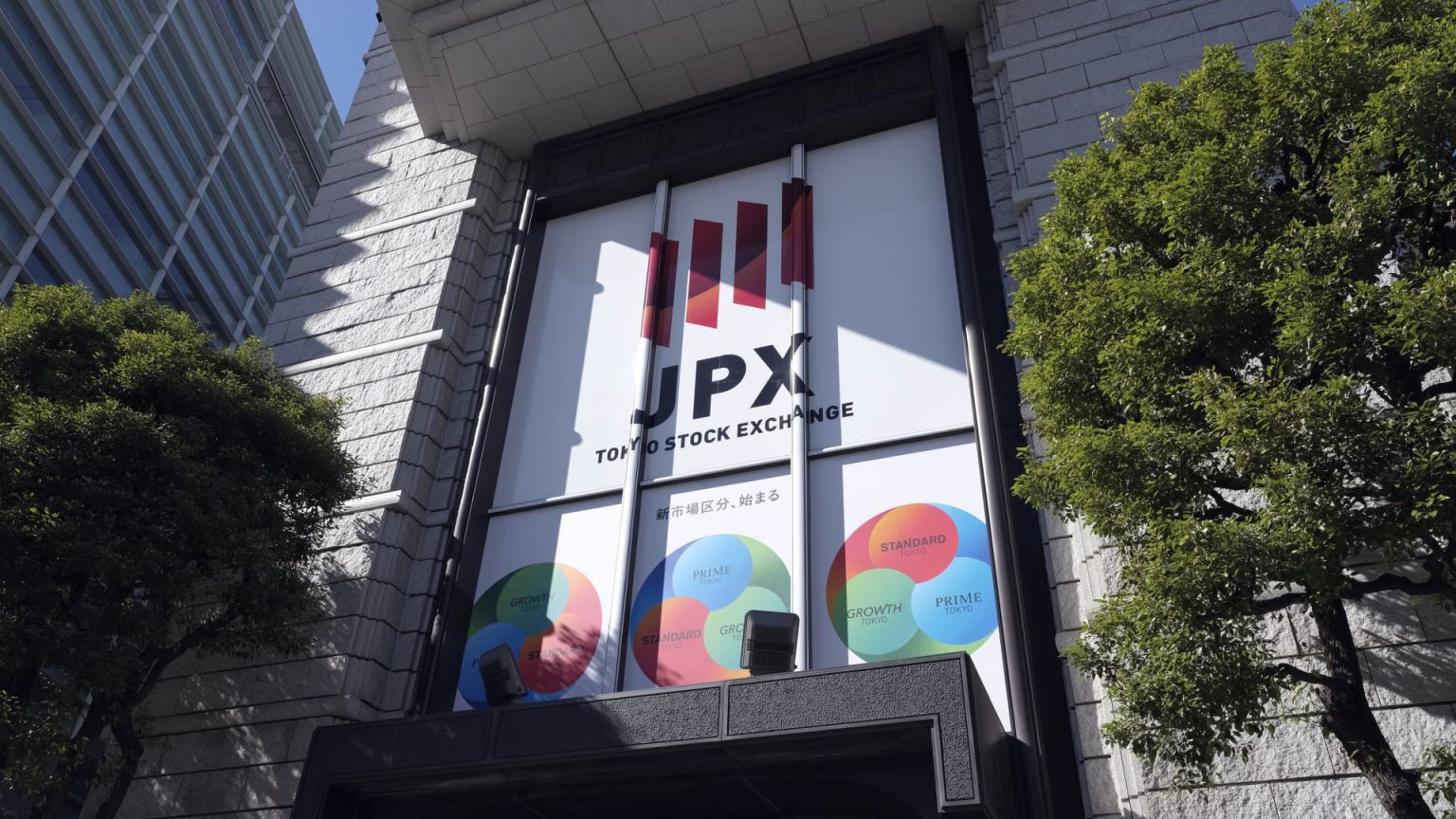Asia-Pacific markets saw mixed results on Thursday, with Japan’s Nikkei 225 and Topix tumbling due to losses in real estate and weakened exporters caused by a stronger yen. The Bank of Japan raised its benchmark interest rate to 0.25%, the highest since 2008, and the yen fell below 150 against the dollar. The country’s finance ministry revealed it spent 5.53 trillion yen on foreign exchange intervention. Investors are reacting to comments from U.S. Federal Reserve Chair Jerome Powell suggesting a rate cut in September if inflation data remains positive, following the Fed’s decision to hold rates steady. Powell indicated a rate cut is not guaranteed, ruling out a 50-basis-point reduction. Business activity data from China, Japan, and South Korea is being assessed.
Australia’s S&P/ASX 200 reached all-time highs, gaining 0.52%, while South Korea’s Kospi and Kosdaq also climbed. South Korean exports rose 13.9% year-on-year to $57.49 billion, the fastest pace in six months, but weaker than expected. Hong Kong’s Hang Seng index rose 0.2%, while China’s CSI 300 saw a marginal decline. Hong Kong’s GDP grew by 3.3% in the second quarter, surpassing economists’ expectations. China’s factory activity contracted in July, with a manufacturing PMI of 49.8, below expectations for expansion.
In the U.S., stocks rallied after the Federal Reserve kept interest rates unchanged, with traders returning to tech giants. The S&P 500 and Nasdaq Composite posted significant gains, their best session since February. The Dow Jones Industrial Average also saw increases. Powell’s comments about a potential rate cut in September if inflation remains positive are being closely watched by investors in Asia, along with business activity data from various countries in the region. The impact of a stronger yen on Japanese exports and the Bank of Japan’s decision to raise interest rates are contributing to market movements in the region.
Investor sentiment in Asia was largely positive following Powell’s comments, with markets experiencing a broad rally. While Japan saw significant losses, other countries such as Australia and South Korea saw gains. South Korea’s exports rose at a faster pace than the previous month, although below economist expectations. Hong Kong’s GDP growth outperformed expectations, while China’s factory activity contracted in July, contrary to forecasts for expansion. Overall, the region continues to closely monitor economic indicators and central bank decisions for signs of future market movements.
The Fed’s decision to maintain interest rates had a positive impact on U.S. markets, with stocks rallying and traders favoring tech companies. The S&P 500, Nasdaq Composite, and Dow Jones Industrial Average all saw gains, reflecting strong investor confidence. Powell’s comments hinting at a potential rate cut in September provided additional momentum to the market. Investors are now awaiting further economic data releases and central bank decisions to determine the future direction of global markets. Overall, the Asia-Pacific region remains cautiously optimistic, with markets responding to both domestic and international economic developments.


